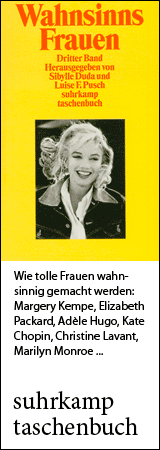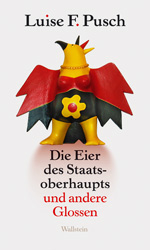Fairy Tales
Fairy Tales
Dorian Brooks wrote this poem about a class she took in Harvard Extension School, taught by a legendary professor at Harvard and the University of Massachusetts Boston. Bob Spaethling was also one of my Doktorväter and a mentor to me for much of my career. Many readers may also have known him, and we hope that all will enjoy this evocation of his magic in the classroom!
Fairy Tales
for Robert Spaethling
In continuing Ed.,
we read Grimms’ fairy tales
in translation. Herr Spaethling,
Professor Emeritus,
all but dances his lectures.
With charming accent
he compares the brothers,
Jacob and Wilhelm, one
the scientist, one the poet.
He makes us love the colors
in Snow White, the girl’s
white skin and ebony hair,
the scarlet apple. But the dwarfs,
he fumes (cursing Disney),
must never be named, mysterious
beings from earth’s depths.
When we come to The Juniper Tree
he reads the beginning aloud,
lyric hymn to the mother
whose pregnancy advances
with the tree’s seasons –
bud, blossom, fruit –
so perfectly, that
when her son is born
she dies of joy. After that
all the trouble starts.
On the last night of class
a storyteller visits,
a young woman in black
with long hair. She lights
a tin lantern and narrates
Tam Lin, how faithful Janet
goes out on Hallowe’en
to rescue him at midnight
from the Fairy Queen and holds him
shape-shifting in her arms
to break the evil spell.
We listen in shadows,
watching the teller
carve the story in air
with her slim white hands.
After she finishes
no one speaks; then
Herr Spaethling leads the applause.
When the class is over
he says good-bye, wizard
releasing us as if
he wore a cape of night,
and we had wings.
-- (c) Dorian Brooks
1 Kommentar
Nächster Eintrag: Magic Mushroom
Vorheriger Eintrag: Juneteenth, 2018



22.07.2018 um 13:07 Uhr Lena Vandrey
In den Märchen der Brüder Grimm - alle von einer alten Frau gesammelt und ihnen geschenkt - stehen die wüstesten Sachen. Sie eignen sich gut für moderne Nacherzählung und schwarzen Humor. Aber niemals haben wir gelesen, dass eine Frau an ihrer Sohnesgeburt “vor Freude stirbt”. Wer kann uns erklären, was das bedeuten soll. Ist es ironisch gemeint oder gründet sich diese Behauptung auf Erfahrungen ...wir sind perplex ... Da ja immer noch leider viel zu viele Frauen im Kindbett sterben, müssen wir annehmen, dass die “Freude” eine der Zutaten ist.
Nebenfrage : Wie stirbt es sich vor Freude ?
Für eine Antwort wären dankbar Lena und Mina.